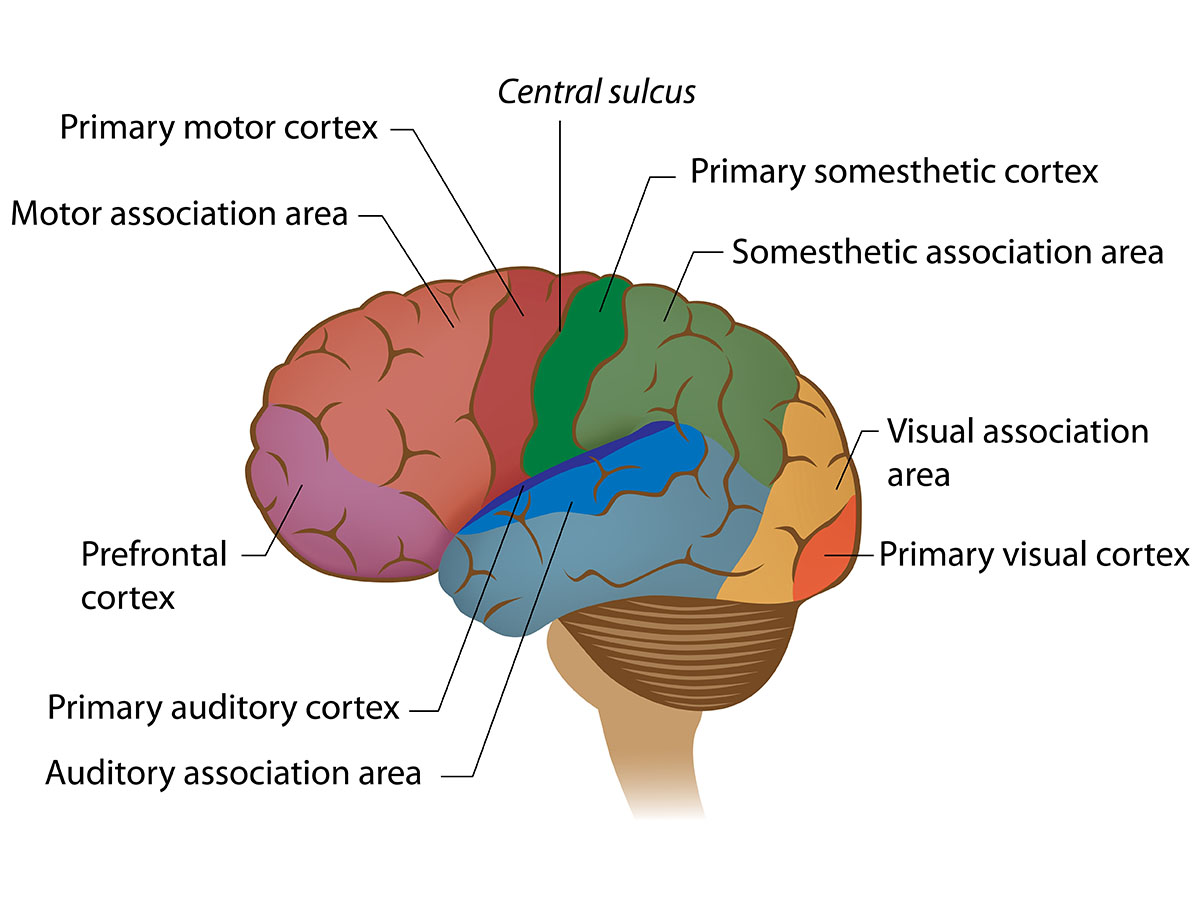
cortex
Definition
The cortex is the outer layer of the brain, and it is made up of six layers of neurons. These neurons are responsible for processing information from the senses, controlling movement, and generating thoughts and feelings. The cortex is also responsible for higher-order functions, such as language, abstract thought, and problem-solving.
The cortex is a very complex structure, and scientists are still learning about how it works. However, they know that the cortex is divided into different areas, each of which is responsible for a different function. For example, the visual cortex is responsible for processing visual information, the auditory cortex is responsible for processing auditory information, and the motor cortex is responsible for controlling movement.
The cortex is a very important part of the brain, and it is essential for our ability to think, feel, and move. Without the cortex, we would not be able to function as human beings.
How can the word be used?
The cortex of the brain is responsible for higher-level functions, such as thought and perception.

Different forms of the word
Noun: cortex (plural: cortices).
Adjective: cortical.
Etymology
The word "cortex" comes from the Latin word "cortex," which means "bark" or "rind." The Latin word "cortex" is ultimately derived from a Proto-Indo-European word meaning "to cut.".
Question
Can you point to where your cortex is located? Write a sentence explaining where your cortex can be found.
AQA Science Exam Question and Answer
Question:
The cortex is a critical part of the human brain, responsible for various essential functions. Explore its significance and the role it plays in our daily lives.
Answer:
The cortex is the outermost layer of the brain, and it plays a crucial role in higher-order brain functions. It can be divided into different regions, each responsible for specific tasks.
One significant role of the cortex is its involvement in cognition. The prefrontal cortex, located at the front of the brain, is responsible for decision-making, problem-solving, and social interactions. This region allows us to plan for the future, control impulses, and evaluate consequences.
The parietal cortex is responsible for processing sensory information, such as touch, temperature, and pain. It also plays a role in spatial awareness and perception.
The occipital cortex is primarily responsible for processing visual information from the eyes.
The temporal cortex is involved in auditory processing and memory functions, such as recognising faces and understanding language.
In summary, the cortex is vital for various essential functions, including cognition, sensory perception, and memory, which collectively enable us to interact with our environment and lead fulfilling lives.